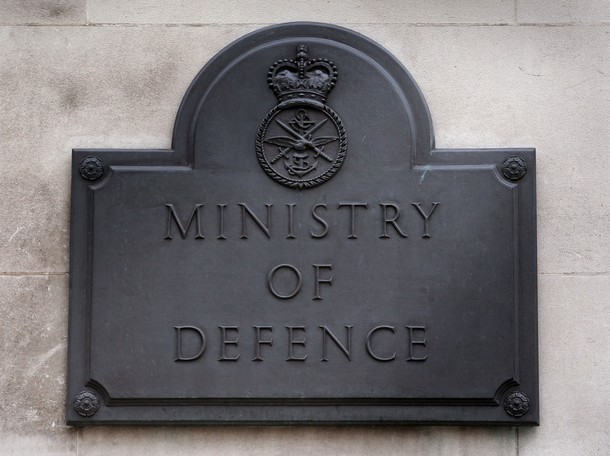
This is one of a few columns not preoccupied with Tuesday’s elections, either crowing or cowering over predictions and results and simmering with solemn pronouncements for the nation and world that lie ahead as consequences of how well or badly Republicans and Democrats fared. To many of us, these elections were more embarrassment than elixir for the nation’s flagging health with some of the candidates clearly unfit for office.
Why great institutions fail has been a theme of this column. Tuesday’s election reinforced this pessimism as both parties appear clueless over how to deal with America’s crises. But what makes great institutions work is a far more relevant question. A beacon of hope may be peering from across the ocean at us.
A harbinger of this possible optimism was last week’s visit of Pauline Neville-Jones, British security minister and (in full disclosure) a friend and colleague of long standing.
Neville-Jones was in town in part to brief the U.S. side on Britain’s just completed Strategic Defense and Security Review. That review was one element of how the coalition government of Conservatives and Liberal-Democrats intends to govern and one aspect of its blueprint to address the serious economic, social and political issues threatening that island nation.
Suffering from huge deficits and debt and a still failing economy, British Prime Minister David Cameron has embarked on a series of draconian decisions to right the ship of state. Massive spending cuts as well as tax increases are part of this strong medicine. While security and defense were less affected — some offices took more than 25 percent hits — an 8 percent budget cut was still fairly harsh especially with nearly 10,000 troops at war in Afghanistan.
Neville-Jones presented the rationale underpinning our closest ally’s security policy along with specifics for what that means for each of the services.
While it is easy to find fault with any reductions in defense, the logic and hard-headed conclusions in setting Britain on a new course were refreshingly objective, realistic and clear AND apolitical and nonpartisan. Compared with our own most recent Quadrennial Defense Review in which tough choices were deferred, the SDSR was a good primer.
The sadness is that such a serious review is unlikely to occur here.
Politics is about people, process and power. In our case — and our last three presidential elections underscore this reality — rarely do our leaders assume office with sufficient experience for the job of chief executive. Second, our process of checks and balances pits the branches of government in perpetual conflict with each other. Third, power is likewise divided and checked allowing the worst partisan instinct to dominate politics.
Cameron and his Cabinet haven’t had much if any experience in prior Cabinets. But they have had substantial time in government in Parliament. Second, the parliamentary system makes the prime minister with a safe majority virtually a benign dictator.
Cabinet decisions aren’t challenged by Parliament short of a no confidence vote. For example, while the White House and Pentagon must make wasteful and inefficient defense concessions to Congress such as keeping unnecessary bases open or buying unwanted weapons systems, the prime minister is far less constrained.
Third, unity of power in Britain allows making tough choices far easier than in our case. That doesn’t mean those decisions will be any better or worse. But they will be implemented.
So far, the coalition government has governed with competence and consensus. For the moment, and endurance will be the measure of success, Britain is showing that democracies can tackle the toughest issues.
The SDSR is a good example. And, make no mistake, the United States will find that it will have to step up to similar tests as the costs of defense can no longer be politically supported. Yet, will the nature of our people, process and power structure allow realistic and effective choices to be made?
The beacon from Britain may be transient. That bubble may burst.
However, when confronted by political, economic and security issues that can no longer be deferred, America will have little choice except to attempt a serious as opposed to superficial response. Whenever that occurs, it is by no means clear or apparent that we will be able to confront these crises with the political courage and directness of our cousins abroad.
Still, this is our challenge. Can we overcome the inherent contradictions and poisonous partisanship in our political system short of a crisis of the magnitude of the Great Depression or World War II?
With a very fractured government, facing up to this reality isn’t on the agenda. We remain obsessed with identifying the problems and then assigning blame. Then we turn a blind eye to real solutions. Tuesday did little to reverse this sad situation.
Image: 610x_41.jpg
